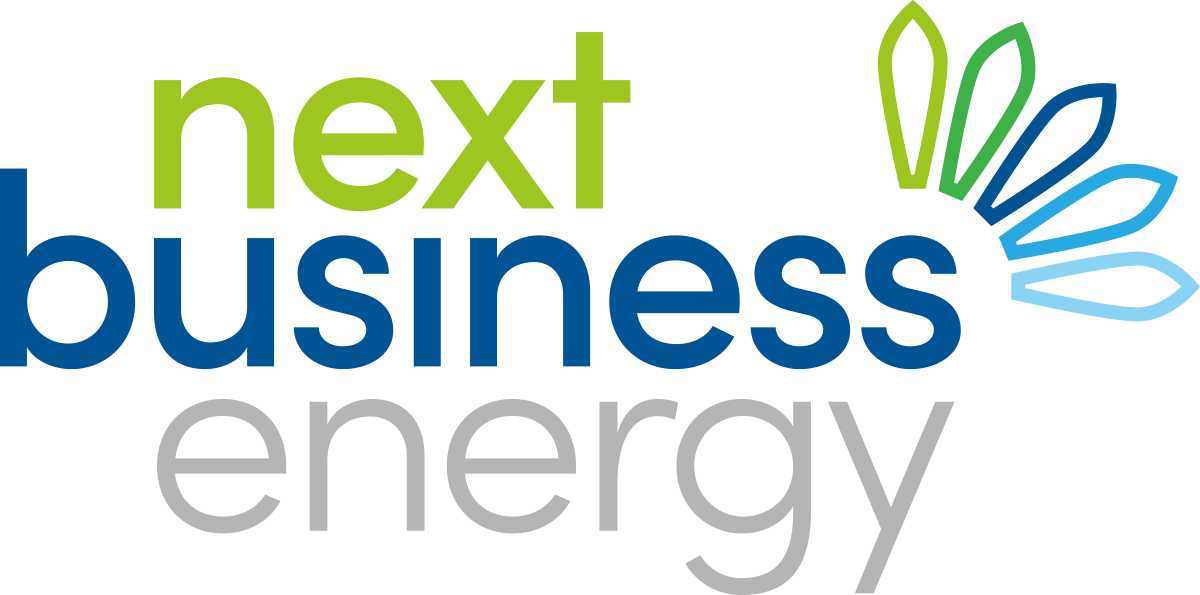At Next Business Energy, we understand the importance of managing costs for small businesses. With rising electricity prices and growing environmental concerns, reducing energy consumption saves money and helps your business contribute to a more sustainable future. Employing even seemingly minor energy-saving practices adds up to significant savings for your business over time.
Here, we’ll share some practical tips to help you keep your small business energy costs down.
Conduct an Energy Audit
It’s essential to understand how your business consumes energy before implementing any energy-saving measures. Consider conducting an energy audit to identify areas of inefficiency and prioritise areas for improvement. This could involve examining utility bills, inspecting equipment for energy usage, and assessing the efficiency of lighting and heating systems. In this way, you should be able to identify and target the areas where you stand to save the most money on your power bills.
Invest in Energy-Efficient Equipment
When it’s time for your business to purchase new equipment, try to upgrade to energy-efficient appliances, which may result in significant long-term savings on your energy bills. Look for products with high energy-efficiency ratings. Whilst the initial investment may indeed be higher, the reduced energy consumption over time has the potential to more than offset the upfront costs and contribute to your small business’s sustainability efforts.
Implement Smart Lighting Solutions
Lighting accounts for a significant portion of energy usage and wastage in many businesses. Consider switching to LED lighting, which consumes up to 75% less energy than traditional incandescent bulbs and lasts much longer. You should also consider installing motion sensors or timers in your business premises to ensure that lights are only used when needed. This may seem marginal, but the cumulative effect of lights turning off when unnecessary can put added (and unnecessary) pressure on your bottom line.
Optimise Heating and Cooling Systems
Heating and cooling systems can be major contributors to energy costs, especially in Australia’s climate. Properly maintaining HVAC systems, sealing drafts, and installing programmable thermostats are simple measures that you can take to help optimise energy usage and reduce costs without sacrificing comfort. During more moderate temperatures, it can benefit your business’s energy consumption to keep windows and doors open to use natural airflow rather than relying on HVAC systems. Closing or opening blinds to adjust how much the sun heats your space is another tip that might help you reduce your energy consumption and costs.
Educate Employees on Energy Efficiency
Raise awareness and provide training on good practices to engage and involve your employees in energy-saving efforts. Encourage simple habits such as turning off lights and equipment when not in use (including appliances that consume standby power), using natural light whenever possible, and adjusting thermostat settings when appropriate to conserve energy.
Consider Renewable Energy Options
Renewable energy sources such as solar power can offer substantial long-term savings and environmental benefits for your business. Installing solar panels or participating in renewable energy programs can offset traditional energy usage and reduce reliance on fossil fuels. Although renewable energy can be an expensive initial investment, it can be well worth the long-term savings you stand to make. It is also a surefire way to show your customers how committed your business is to sustainability.
Taking Control of Your Energy Costs
Managing energy costs is essential for your business’s financial health and sustainability. Adopting some of the proactive steps explored in this article may help you keep your energy use down and contribute to significant savings for your business. At Next Business Energy, we are committed to supporting our customers in their efforts to reduce energy consumption and save money. Contact us today by filling out our enquiry form to find out more.

